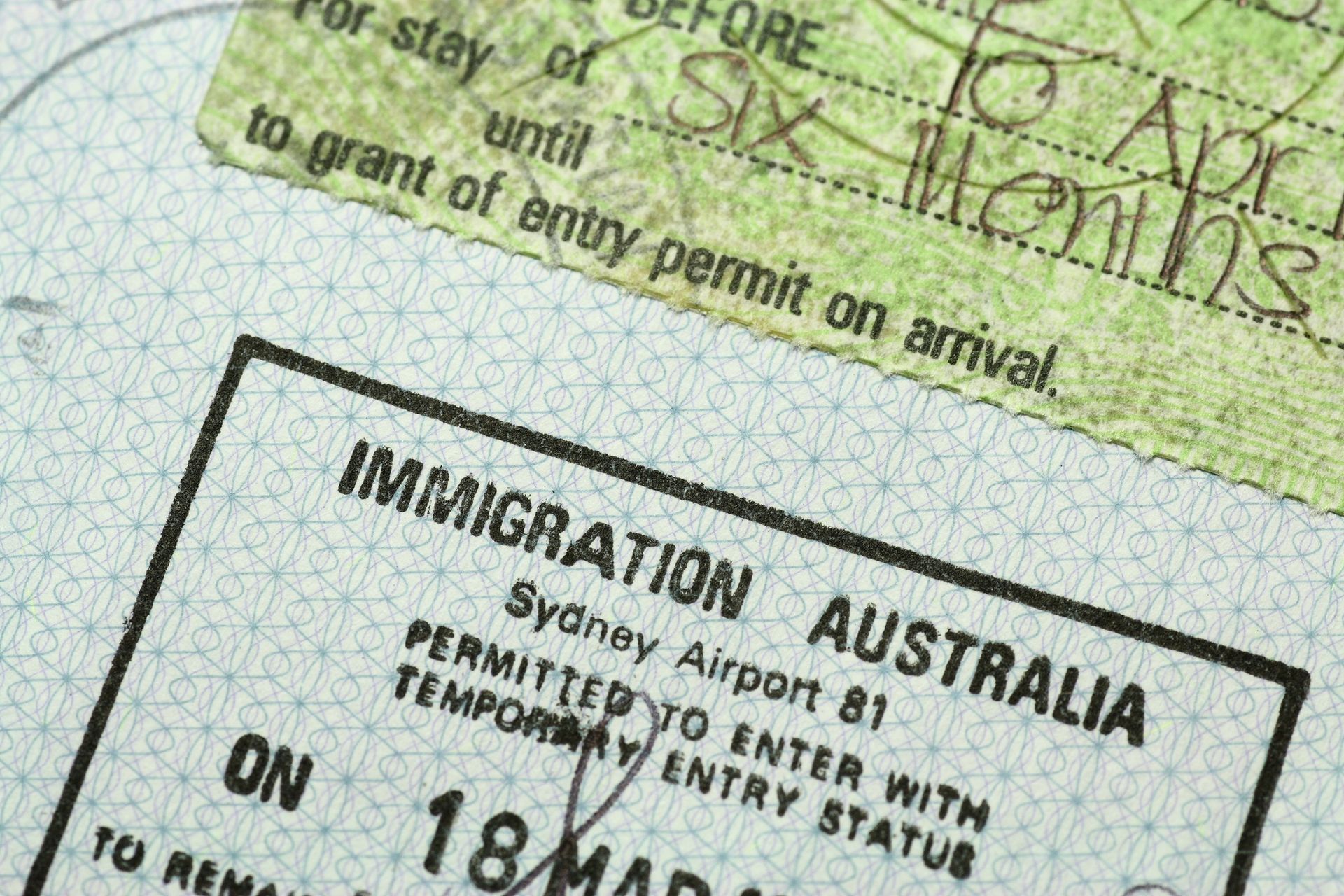Franchise Agreements: What Are My Rights As A Franchisee in New south Wales?
Karsandra Mantis, Lawyer • March 27, 2024
As a franchisee in New South Wales, you have certain rights and protections under both state and federal laws, as well as the terms outlined in your franchise agreement. Here are some key rights that franchisees typically have:
Disclosure: Franchisors are required by law to provide prospective franchisees with a disclosure document containing important information about the franchise system at least 14 days before entering into a franchise agreement. This document should include details about the franchisor's business, financial position, and other relevant information and will help the potential incoming franchisee make an informed decision before entering into a franchise agreement.
Cooling-off period: A franchisee can change their mind and end the franchise agreement during the cooling off period which is 14 days after entering into the franchise agreement, or within 14 days after receiving leasing information, if they are leasing or occupying premises from the franchisor.
Good faith: Both parties are required to act in good faith in their dealings with each other. This means that each party must act honestly and fairly towards the other party and must cooperate with due regard to the rights and interests of the other party.
Territorial rights: Your franchise agreement should specify the territory or area in which you have the right to operate your franchise. The franchisor will often grant a franchisee exclusivity within the relevant territory, meaning the franchisor cannot grant other franchises in your territory without your consent, unless specified otherwise in the agreement.
Training and support: The franchisor is usually responsible for providing initial training and ongoing support and resources to franchisees to help them operate their businesses successfully and in accordancw with the franchise system and standards.
Advertising and marketing: Franchise agreements often outline the franchisor's obligations regarding advertising and marketing support, in addition to any applicable fees charged by the franchisor. This may include training by the franchisor to ensure effective promotion of the franchisee business and also a requirement for the franchisee to contribute to a regional or national advertising fund.
Renewal and termination: A comprehensive franchise agreement typically include provisions for renewal and termination. Franchisees usually have the right to renew the agreement at the end of the initial term, provided they have complied with the terms of the agreement. However, the franchisor may also have the right to terminate the agreement under certain circumstances, such as non-payment of fees or breaches of the agreement.
It's essential to thoroughly review your franchise agreement and seek legal advice if you have any questions or concerns about your rights and obligations as a franchisee. Additionally, the Franchising Code of Conduct, administered by the Australian Competition and Consumer Commission (ACCC), provides further protections for franchisees and sets out minimum standards of conduct for franchisors and franchisees in their dealings with each other.
As an incoming franchisee, it is important to seek legal advice before you sign any franchise agreement or document. At Kells Lawyers we have a team of specialist lawyers who can provide you with legal advice and ongoing assistance in your business’ endeavours.
Illustration 236199378 © Sakibul Hasan |
Dreamstime.com

Kells has been delivering outstanding services and legal expertise to commercial and personal clients in Sydney and the Illawarra region for more than five decades. Our lawyers are savvy and understand your needs.
Subscribe
Want to get the latest articles and news delivered to your inbox?




